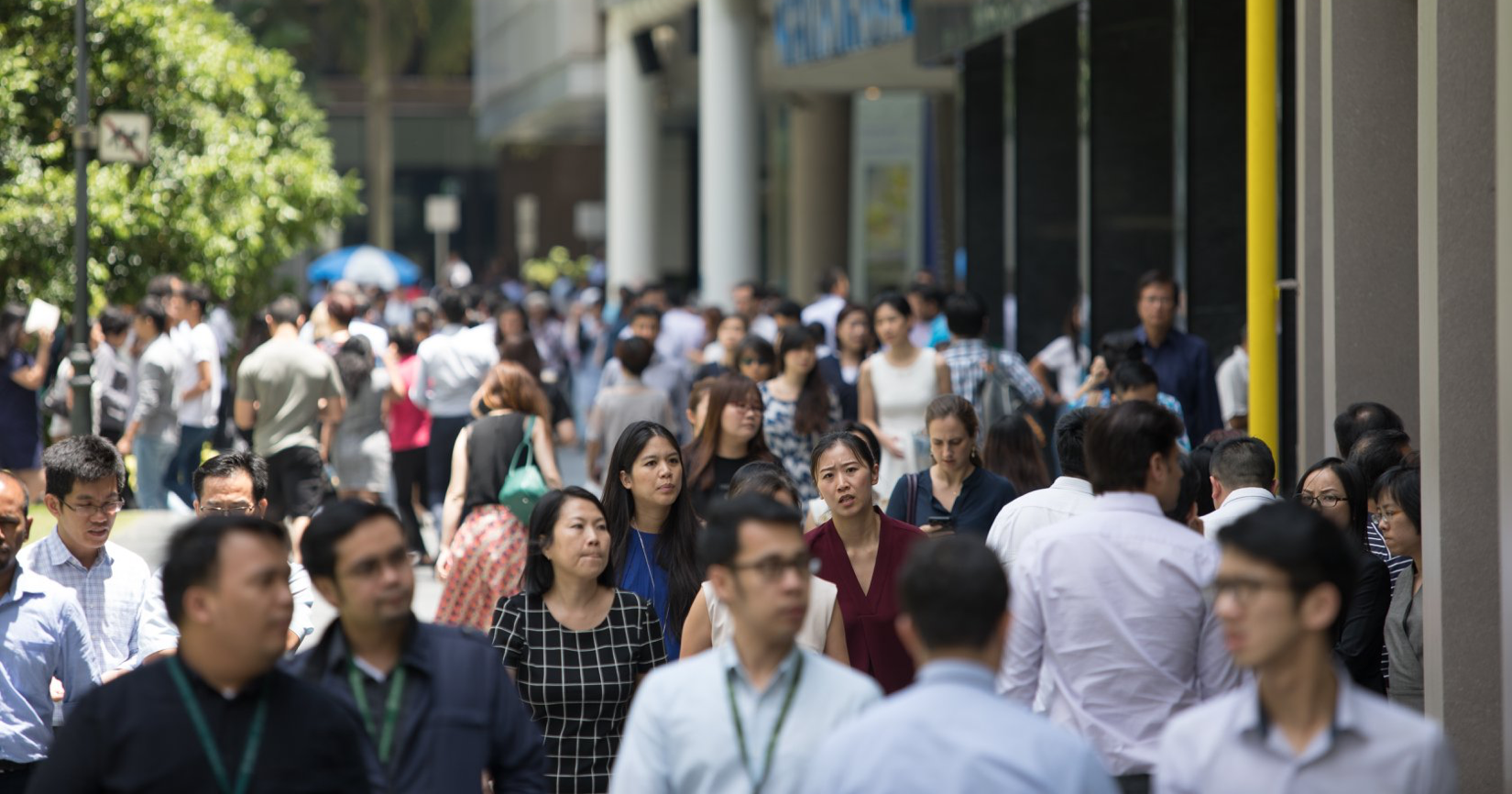Divisive issues, such as the sense of competition for jobs and sensitive discussions on race and religion, threaten Singapore's social cohesion.
As Singaporeans address emotive issues, we must work harder to listen to each other and break out of comforting echo chambers, President Halimah Yacob said.
That was one of the main messages of strengthening the Singaporean identity, delivered by President Halimah in her Address to Parliament on Aug. 24.
Importantly, President Halimah noted that the sense of anxiety felt by the competition for jobs from foreigners "will be addressed".
Outside forces threaten to pull Singaporeans apart
Singapore's melting-pot background under the British is familiar to anyone with a little historical knowledge, but over the years since independence, Singapore built its own unique identity and culture.
But President Halimah added that "larger forces" test our solidarity and pull us in different directions, with social media amplifying this process.
"We are more exposed than ever to causes, attitudes and values from other societies that may not be relevant to our social context, but will influence us nonetheless."
As debates on sensitive topics can easily become polarised, Singaporeans need to work harder to understand each other.
"We must break out of the echo chambers that form so easily online, and make genuine attempts to bridge the gap with those who think differently from us", she said.
Multiracialism must be the "core element" of the Singapore identity, but multiracialism is still a work in progress
Singapore is a multi-racial country and will remain so.
But President Halimah noted that as each generation grows up, they will bring different experiences and perspectives to bear.
"In each generation, some will want to discuss sensitive issues afresh. Younger Singaporeans prefer talking about these issues more candidly and openly, which is a positive development.
But the conversation needs to be conducted with restraint and mutual respect, because race, language and religion will always be visceral subjects. If each group pushes its own agenda to the extreme, we risk eroding the common space, and fracturing our social cohesion."
Youths have increasingly driven conversations on racial issues and discrimination, as seen in the recent "brownface" E-Pay ad, or a 23-year-old half-black, half-Indian youth sharing her experience of being bullied for her dark skin and hairstyle.
President Halimah, and by extension the government, who prepared the address, appeared to echo something that was said by several leaders that there is a "generational" difference in terms of how older and younger Singaporeans deal with issues or race and religion.
They include Prime Minister Lee Hsien Loong (during General Election 2020), Home Affairs and Law Minister K Shanmugam (during an online dialogue organised by a national body that promotes racial and religious harmony) and Transport Minister Ong Ye Kung (on Racial Harmony Day).
Concerns over job security leads to anxiety
Aside from race and religion, President Halimah identified concerns over job security, economic distress made worse by Covid-19, and social inequality as sources of anxiety.
In particular, mid-career Singaporeans may feel there is competition for jobs from work-pass holders. She added:
"We understand these concerns. They not only touch on matters of livelihood, but also on our sense of identity and belonging. They will be addressed. As masters of our own land, Singaporeans must have confidence in the rights and privileges of citizenship."
The government promises to work with employers to ensure that firms treat Singaporeans fairly in matters of recruitment and retrenchment, and also to strengthen their skills.
The interests of Singaporeans are "paramount" in all we do, she said.
President Halimah noted, however, that while genuine concerns are addressed, Singaporeans should not turn inwards and shun foreigners.
She said that Singaporeans should continue to welcome and integrate those who contribute to Singapore too.
Related story:
Top image from Ministry of Manpower's Facebook page.
If you like what you read, follow us on Facebook, Instagram, Twitter and Telegram to get the latest updates.
